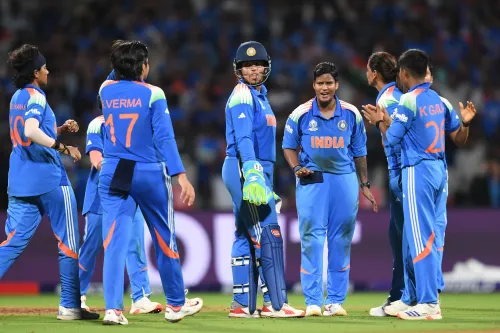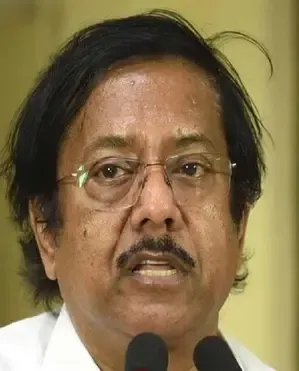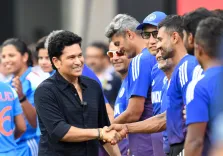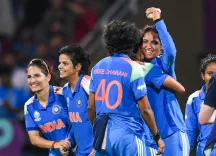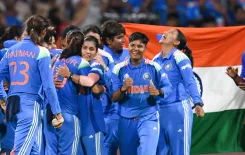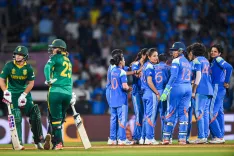Did the SC Collegium Recommend New Judges for HP and Karnataka HCs?
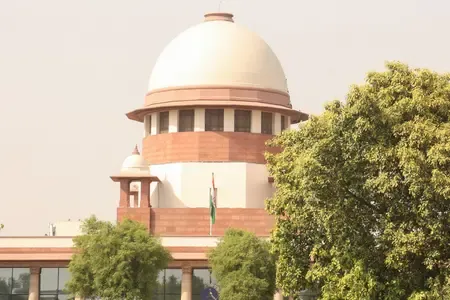
Synopsis
Key Takeaways
- Supreme Court Collegium recommended new judges for Karnataka and Himachal Pradesh.
- Judicial officers and advocates are proposed for appointment.
- The process involves multiple levels of consultations.
- Recommendations must be forwarded to the Union Minister of Law & Justice.
- Appointments will be announced in the Gazette of India.
New Delhi, Sep 16 (NationPress) The Supreme Court Collegium, headed by Chief Justice of India (CJI) B.R. Gavai, has put forth recommendations for judicial appointments to the High Courts of Himachal Pradesh and Karnataka.
As part of this decision, the Collegium has sanctioned the appointment of judicial officers Geetha Kadaba Bharatharaja Setty, Muralidhara Pai Borkatte, and Tyagaraja Narayan Inavally as Judges of the Karnataka High Court.
During a meeting on Monday, the SC Collegium also put forth two advocates' names -- Jiya Lal Bhardwaj and Romesh Verma -- for judgeship in the Himachal Pradesh High Court.
According to a statement released on the apex court's website, "The Supreme Court Collegium, during its meeting on September 15, 2025, has endorsed the following advocates for judgeship in the High Court of Himachal Pradesh: (i) Shri Jiya Lal Bhardwaj, and (ii) Shri Romesh Verma."
Based on the memorandum of procedure (MoP) that regulates the selection of High Court judges, the Chief Justice initiates the appointment proposal. If the Chief Minister has any recommendations, they must be submitted to the Chief Justice for review. Subsequently, the Governor, as advised by the Chief Minister, should forward their recommendations to the Union Minister of Law & Justice within six weeks of receiving the Chief Justice's proposal.
After this, the Centre evaluates the proposal along with background information before sending it to the CJI, who consults with the two most senior judges of the Supreme Court before finalizing the recommendation.
After these discussions, the CJI is expected to deliver his recommendation to the Union Minister of Law and Justice within four weeks.
According to the MoP, once the President signs the appointment warrant, the Secretary of the Department of Justice will notify the Chief Justice, and a copy of this communication will be sent to the Chief Minister.
The Chief Minister will announce the appointments and publish the relevant notification in the Gazette of India.

